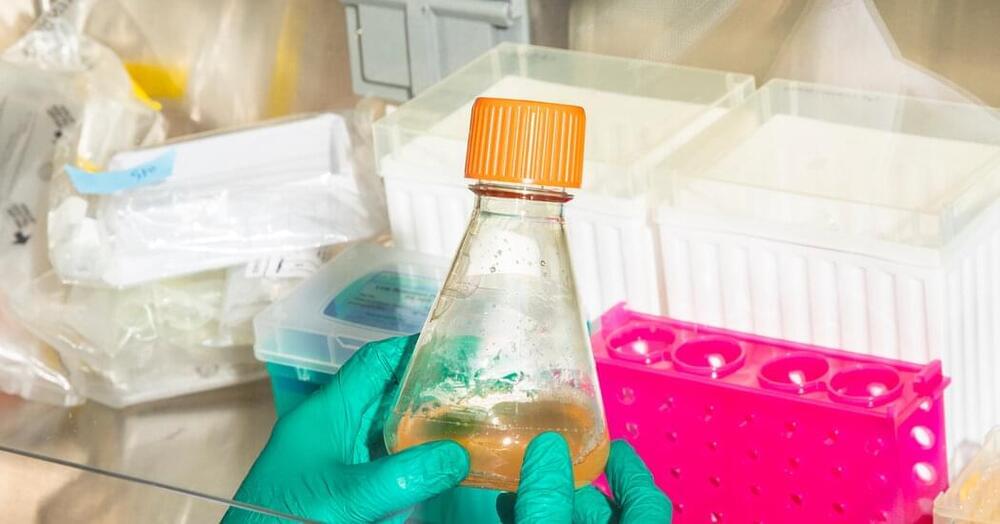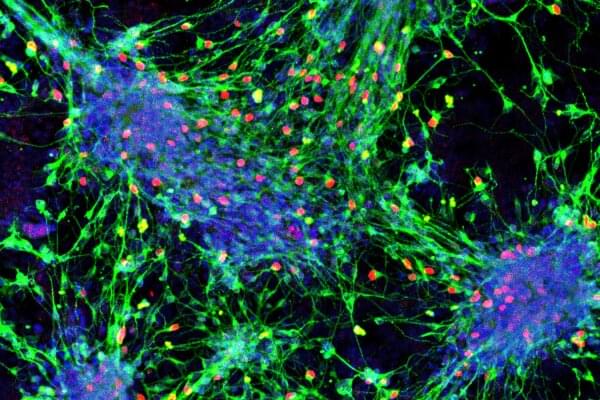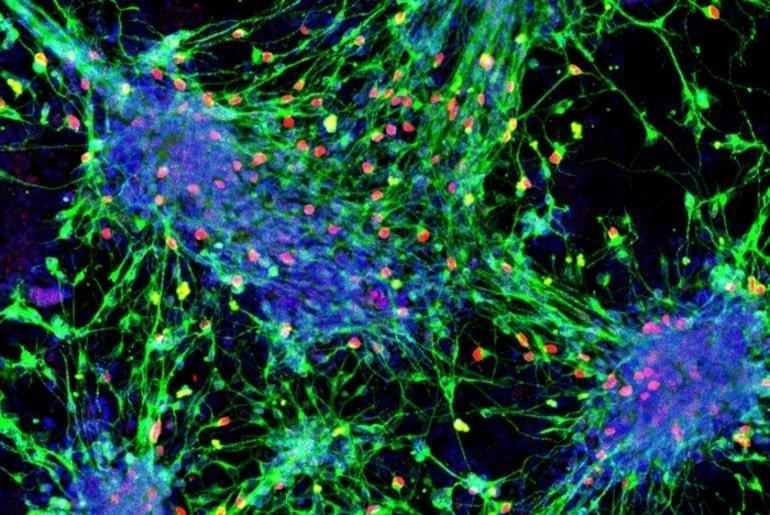Scientists studying the aging process in the eye have made an important discovery around the role of a so-called “youth” protein, and shown how it promotes a cellular recycling process that maintains our vision. Experiments on mice missing this protein led to fast-tracked degeneration in the retina, indicating that the protein plays an important protective role against age-related vision loss.
Led by scientists at the US National Eye Institute, the study centers on a protein called pigment epithelium-derived factor (PEDF). This protein plays an important mediatory role in a natural recycling process in the eye. It is produced by a layer of support cells, called the retinal pigment epithelium (RPE), which sits beneath the retina’s light-sensing photoreceptor cells and helps recycle and replenish them as their outer edges wear out. This ability declines as we grow older and in people with age-related macular degeneration (AMD), leading to vision loss.
“People have called PEDF the ‘youth’ protein, because it is abundant in young retinas, but it declines during aging,” said Patricia Becerra, senior author of the study. “This study showed for the first time that just removing PEDF leads to a host of gene changes that mimic aging in the retina.”







